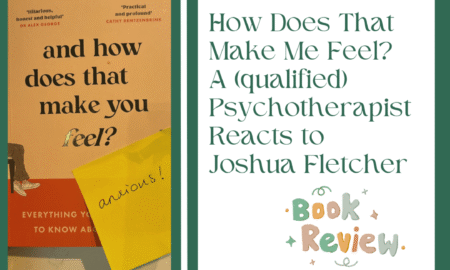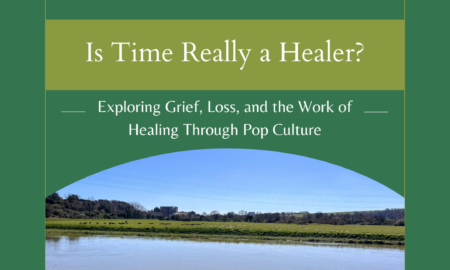Your Life Story

Your Life Story
One of the core theories of Transactional Analysis is the notion of a life script. Put simply, a life script is a pre-conscious life plan that determines how a person’s life is lived out. As children we learn about ourselves, other people and our place in the world through our interactions and early relationships. We develop belief systems and ways of coping as a result of these interactions. They are put into place so early that we are doing it in a mostly unconscious way. This unconscious life plan is what we Transactional Analysts call our life script.
Beginning at birth, we began writing our own life-stories. We then continued to develop and build on as we grew from babies, to children to adolescents. By the time we are adults our script is largely out of our awareness. As a young child this script is pretty much put into place but as that child grows, their script is constantly changing and being updated. Broadly speaking however, the plot and the ending remain mostly unchanged. The idea is that we each have an idea of our origins, beliefs and purpose. By creating a life-script we then have a way of making sense of the world in which we live and how we deal with it.
Who Are You?
Through these wellbeing blogs I hope I can offer a way of supporting an understanding of your own early adaptations and belief systems. I also hope that you will be increasingly clear about yourself and who you are. This includes knowing which ways of being, thinking and feeling serve you, and which are no longer fit for purpose. Once you know what you are doing and how you are doing it, you can make the best decisions about what you would like to change.
If you are looking to explore your life script further, get in touch. I offer psychotherapy sessions that aim to support someone to understand their own story. How this happens is something we can discuss when we meet. Generally I will be working with someone to give meaning to here-and-now lived experiences. If you are curious to find out more, therapy can help.
You may also be interested in...

How Does That Make Me Feel? A (qualified) Psychotherapist Reacts to Joshua Fletcher
When I picked up this book, I expected a playful, tongue-in-cheek take on therapy. After all, as psychotherapists, we’re familiar with lines like: “Nothing can make you feel anything…

Is Time Really a Healer?
Pop Culture and Loss I recently finished the Netflix series One Day. (Spoiler alert—if you haven’t seen it yet, you might want to pause here and come back once you…

What is Mature Love?
Creating Meaningful Connections Mature love, what is it? I’m not talking about being 80 years old and holding hands on a walk through the park here. I am talking about…

What Do We Mean by ‘The Self’ in Psychotherapy?
Understanding the Concept of the Self The concept of "the self" is central to psychotherapy, yet it can feel elusive and abstract. As therapists, we often talk about self-awareness, self-development,…

Improve Your Mental Strength
Ever wondered why some people seem to bounce back effortlessly from life's curveballs while others struggle to regain their footing? The secret lies in mental strength – that intangible power…

The Early Clues To Adult Personality
As new parents we strive to see early clues in our baby's temperament to see if we're able to guess what they may be like as adults. But how far…
Ready to Make a Change? Book an Initial Consultation Today
If you have any questions at all about therapy or would like to make an appointment, get in touch. I will usually be able to respond to you within 24 hours.
